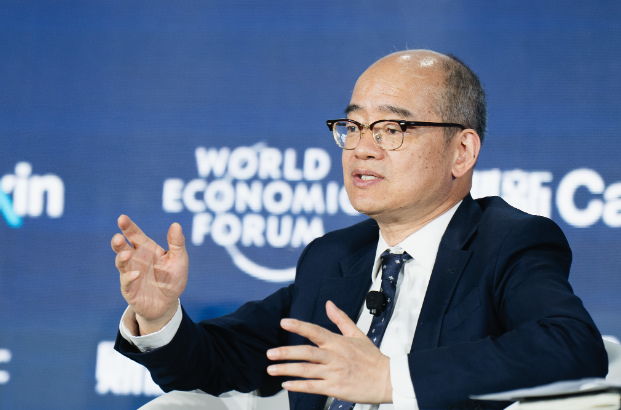
Yu Feng Photo/ provided by Annual Meeting of the New Champions of the World Economic Forum
In an exclusive interview with National Business Daily during the 15th Annual Meeting of the New Champions of the World Economic Forum held in Dalian, Yu Feng, President of Honeywell China, a Fortune 500 company, outlined the company's innovative approaches to turning waste cooking oil, valued at 6,000 yuan per ton, into a precious resource worth up to 18,000 yuan per ton. This transformation is achieved through three key pathways that support low-carbon development.
Yu emphasized the role of AI in optimizing the company's operations and competitiveness. Honeywell is harnessing digital and automated AI technologies for market demand forecasting and internal governance, significantly improving accuracy and efficiency.
The first transformation pathway involves converting waste cooking oil into sustainable aviation fuel (SAF) using Honeywell's proprietary processes and catalysts. This not only increases the economic value of the waste but also significantly reduces greenhouse gas emissions compared to fossil fuels.
The second pathway is the utilization of agricultural waste, such as straw, which is traditionally burned or buried. Honeywell's technology can convert these waste materials into ethanol or sugar, which are then transformed into SAF, contributing to a circular economy.
The third pathway leverages clean energy to produce green hydrogen, which, when combined with carbon dioxide, forms green formaldehyde or e-methanol. Honeywell also has the capability to convert green methanol into SAF, further expanding the range of sustainable fuel options.
Yu also highlighted Honeywell's strategic cooperation in Sichuan to establish a SAF industrial base, taking advantage of the region's abundant kitchen waste oil resources and its potential for local consumption and production. This initiative reflects Honeywell's commitment to sustainable development and its vision for future business growth in resource-rich areas like Sichuan.


 川公网安备 51019002001991号
川公网安备 51019002001991号





